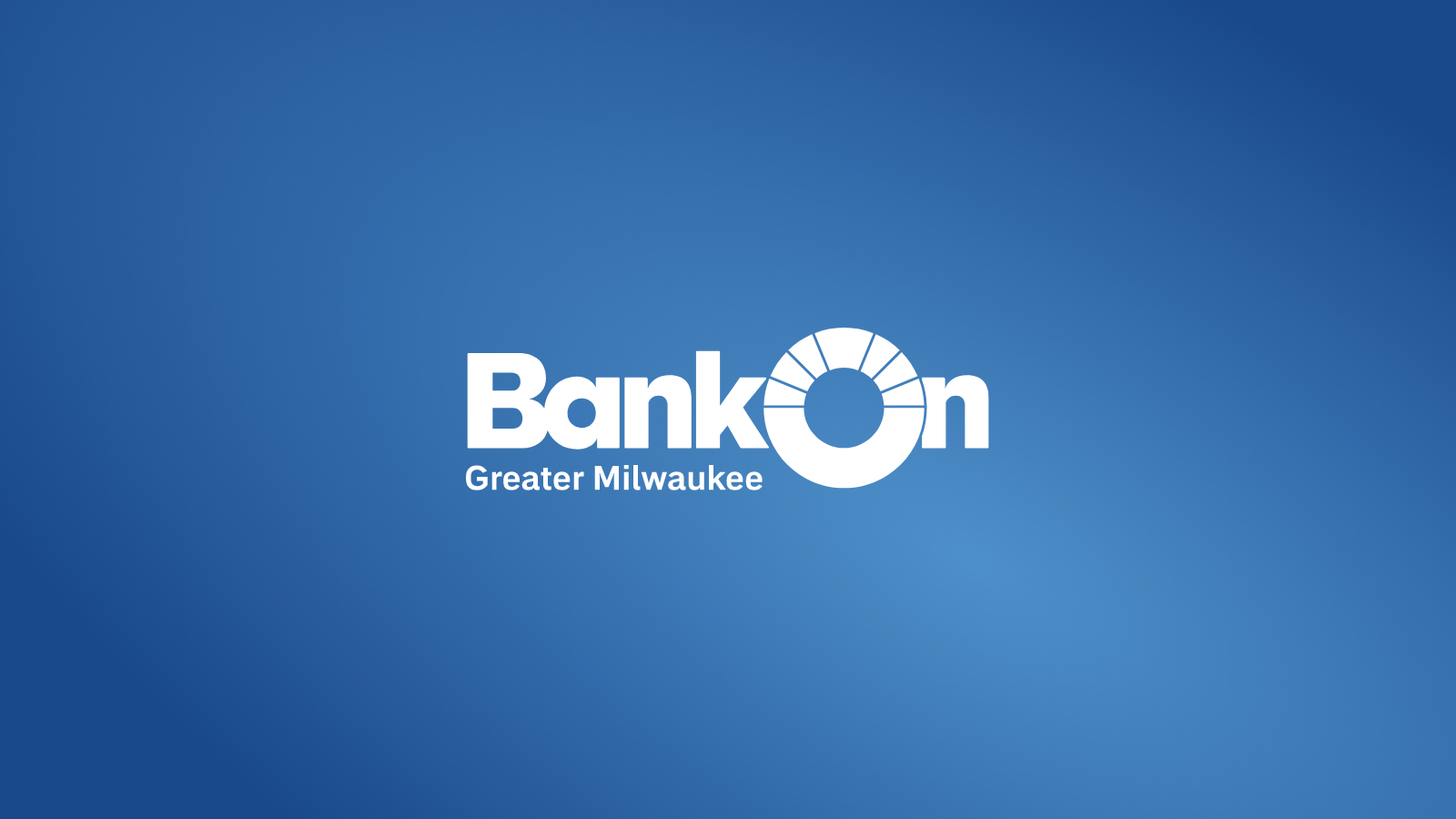April is Financial Literacy Month, a time to focus on the importance of financial education and the role it plays in creating a more financially secure future for individuals and families. During this month, organizations like Bank On Greater Milwaukee strive to promote financial literacy and encourage individuals to make financial decisions that help them meet their financial goals.
Families can take advantage of Financial Literacy Month to learn about creating a spending plan, the importance of starting a savings account, and discussing the value of money with children; and how to develop healthy financial habits that will benefit them in the future.
Two resources to help you get started are the Bank On Greater Milwaukee Resource Guide or this Financial Wellness Checklist from the Wisconsin Department of Financial Institutions.
It provides a great opportunity for families to learn more about personal finance and develop healthy financial habits. Here are some ways families can learn during Financial Literacy Month:
1) Open a Bank Account: One way to ensure financial security is by opening a safe, affordable bank account. Bank On Greater Milwaukee works with lenders who have Bank On certified accounts, which offer benefits such as no overdraft fees, free or low-cost check cashing, and no minimum balance requirements. By opening a certified account, individuals can take a step towards building financial stability.
2) Play financial games like Monopoly: During the game, explain what interest is on any “loans”.
3) Learn at the grocery store: Use cash for your next grocery trip, create a budget beforehand, and have your kids help you stick to it by making sure you don’t overspend.
4) Do a family vision board: Create a financial vision board as a family, and include pictures and goals that represent your family’s financial aspirations.
5) Track spending for a month: Show your kids how the money spent on everyday things adds up.
6) Do money challenges for the month: For example, no spending on non-essentials, empty your pockets every day and put the change in a jar. Explain how much you will be saving just by putting your change into the jar.
7) Open a Wisconsin 529 savings account: Open a savings account for your child and explain what it is. Wisconsin’s 529 plan (known as EdVest) allows families to save for their child’s college education with tax advantages. Learn more here.
8) Use a retirement calculator: Explain the importance of saving for retirement. Share how saving a small amount of money like $50 can grow in 50 years. Also, consider tools to learn more such as a retirement calculator.
9) Teach about interest: This small activity can help – give them a jar of coins and offer them the option of either keeping the jar as it is or investing the coins for interest. If they choose to invest, you can agree on a reasonable interest rate and time frame for the investment. At the end of the agreed-upon period, you can give them their original investment plus the interest earned. This activity helps kids understand how interest works and the benefits of saving for the long term.
10) Explain how taxes work: Start by explaining that taxes are fees that everyone pays to the government to help pay for things we all use like schools, roads, trash and recycling collection, and other public services. You can also use practical examples, like pointing out the taxes on a restaurant bill or showing them how taxes are deducted from a paycheck.
For more resources and learning, check out the Consumer Financial Protection Bureau’s Money As You Grow site, which includes links to games, books, and activities for any age.
Financial Literacy Month is a great opportunity to increase your financial knowledge and encourage individuals to make financial decisions that lead to better savings, improved credit scores, long-term goals like a home purchase, affordable credit terms to buy cars, or start a business. By taking steps towards financial security, individuals can achieve their financial goals and create a more stable future for themselves and their families.
Spending Money can be fun…
Let’s make plans to have more fun not just today but tomorrow!
During the week of April 15-21, 2023, Bank On Greater Milwaukee joins the Governor’s Council on Financial Literacy and Capability and the WI Department of Financial Institutions (DFI) in celebrating Money Smart Week, a financial literacy awareness and education campaign (learn more here). We’re featuring posts with tips and resources on teaching kids about money, certified accounts, debt relief, employer retirement plans, and 529 savings plan.




 (414) 562-9904
(414) 562-9904
 1915 N Dr. Martin Luther King Drive
1915 N Dr. Martin Luther King Drive